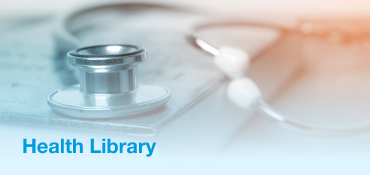Table of contents
What is high blood pressure?
High Blood Pressure (also referred to as HBP, or hypertension) is when your blood pressure, the force of blood flowing through your blood vessels, is consistently too high.
If you have high blood pressure, you are not alone.
- Nearly 30% of adults have high blood pressure (and many don’t even know they have it).
- The best way to know if you have high blood pressure it is to have your blood pressure checked.
Know your numbers
Learn about your blood pressure numbers and what they mean:
| BLOOD PRESSURE CATEGORY | SYSTOLIC mm Hg (upper number) | DIASTOLIC mm Hg (lower number) | |
| NORMAL | LESS THAN 120 | and | LESS THAN 80 |
| ELEVATED | 120 – 129 | and | LESS THAN 80 |
| HIGH BLOOD PRESSURE (HYPERTENSION) STAGE 1 | 130 – 139 | or | 80 – 89 |
| HIGH BLOOD PRESSURE (HYPERTENSION) STAGE 2 | 140 OR HIGHER | or | 90 OR HIGHER |
| HYPERTENSIVE CRISIS (consult your doctor immediately) | HIGHER THAN 180 | and/or | HIGHER THAN 120 |
High blood pressure is a “silent killer”
- Most of the time there are no obvious symptoms.
- Certain physical traits and lifestyle choices can put you at a greater risk for high blood pressure.
- When left untreated, the damage that high blood pressure does to your circulatory system is a significant contributing factor to heart attack, stroke and other health threats.
Preventing HBP by lifestyle changes
- Lose extra kilos and watch your waistline;
- Exercise regularly;
- Eat a healthy diet;
- Reduce sodium in your diet;
- Limit the amount of alcohol you drink;
- Quit smoking;
- Cut back on caffeine;
- Reduce your stress.

Monitor your blood pressure and see your doctor regularly
Home monitoring can help you keep tabs on your blood pressure, make certain your lifestyle changes are working, and alert you and your doctor to potential health complications. Blood pressure monitors are available widely and without a prescription. Talk to your doctor about home monitoring before you get started.
Regular visits with your doctor are also key to controlling your blood pressure. If your blood pressure is well-controlled, check with your doctor about how often you need to check it. If you’re making any changes in your medications or other treatments, your doctor may recommend you check your blood pressure starting two weeks after treatment changes and a week before your next appointment.



